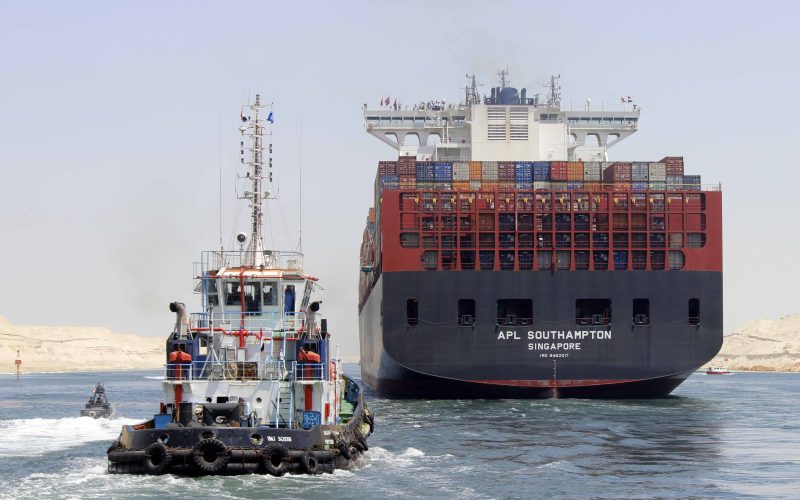The resurgence of Cold War dynamics has not only stirred political tensions but also prompted intriguing geopolitical maneuvers. One such development is the upcoming visit of the Russian Navy to Cuba, evoking memories of the Cold War era when the island nation served as a strategic ally to the Soviet Union. This article delves into the significance of this visit, the historical context behind Russia-Cuba relations, and the implications for regional and global geopolitics.
Historical Background: Russia-Cuba Relations

The relationship between Russia (and previously, the Soviet Union) and Cuba traces back to the height of the Cold War. Following the Cuban Revolution in 1959, Fidel Castro’s government established close ties with the Soviet Union, leading to the installation of ballistic missiles in Cuba in 1962, a move that sparked the Cuban Missile Crisis, a pivotal moment in Cold War history. Despite the dissolution of the Soviet Union in 1991, Russia has maintained diplomatic and military relations with Cuba.
Significance of the Russian Navy’s Visit
The upcoming visit of the Russian Navy to Cuba carries several implications. Firstly, it underscores Russia’s renewed interest in projecting power beyond its immediate vicinity. As tensions with NATO persist, Moscow seeks to assert its influence in regions historically considered within the sphere of Russian influence. Secondly, the visit symbolizes the strengthening of ties between Russia and Cuba, signaling to the international community that Moscow remains committed to supporting its allies, particularly in defiance of Western powers.
Economic Considerations
Beyond the political and military dimensions, the Russia-Cuba relationship also encompasses economic cooperation. Russia has shown interest in collaborating with Cuba on various energy projects, including oil exploration and renewable energy initiatives. This economic partnership not only benefits both nations but also serves as a means for Russia to expand its influence in the Caribbean region. For Cuba, economic ties with Russia offer a potential lifeline amid ongoing economic challenges, particularly in the face of U.S. sanctions. By diversifying its economic partnerships, Cuba aims to reduce its dependence on any single country, thereby enhancing its autonomy on the world stage.
Global Implications
The Russian Navy’s visit to Cuba resonates beyond the immediate region, carrying implications for global geopolitics. It comes at a time of heightened tensions between Russia and the West, with Moscow seeking to assert its influence on the international stage. The visit serves as a signal to other nations that Russia remains a significant player in global affairs, willing to challenge the status quo and forge alliances with countries that share its geopolitical objectives. Moreover, it highlights the evolving nature of alliances and partnerships in a multipolar world, where traditional Cold War adversaries may find common cause in countering perceived threats and asserting their interests on the world stage.
Geopolitical Implications
The Russian Navy’s visit to Cuba has significant geopolitical ramifications. For Russia, it represents an opportunity to challenge the United States’ dominance in its traditional sphere of influence. By reestablishing a presence in Cuba, Moscow aims to counterbalance American influence in the Caribbean and Latin America, echoing the power dynamics of the Cold War era. Additionally, the visit could exacerbate tensions between Russia and the United States, potentially reigniting old rivalries and triggering a new wave of geopolitical competition.
Comparative Analysis: Russia-Cuba Relations
| Aspect | Russia | Cuba |
|---|---|---|
| Historical Relations | Formerly Soviet Union’s ally | Formed close ties post-revolution |
| Military Cooperation | Provides military support | Receives military aid and support |
| Economic Cooperation | Collaborates on energy projects | Receives economic assistance |
| Political Alignment | Shares similar geopolitical goals | Historically aligned against the US |
| Current Geopolitical Role | Seeks to expand influence globally | Strives for regional autonomy |
Conclusion
The upcoming visit of the Russian Navy to Cuba serves as a potent reminder of the enduring geopolitical dynamics shaped by the Cold War. As Russia and Cuba draw closer, the implications for regional and global stability are profound. While the visit strengthens bilateral ties between Moscow and Havana, it also raises concerns about renewed geopolitical competition and potential conflict. In an increasingly multipolar world, the Russia-Cuba alliance underscores the complex interplay of power and ideology that continues to shape international relations.












